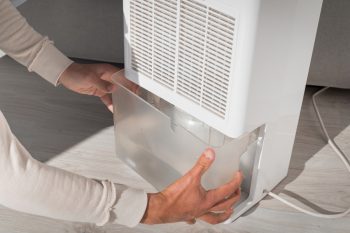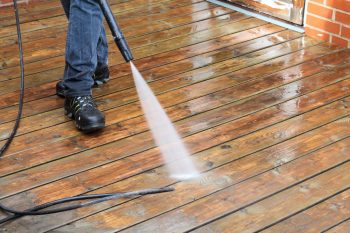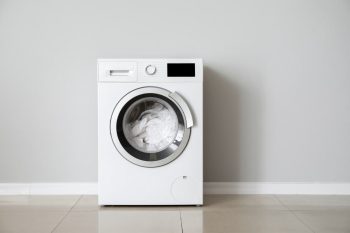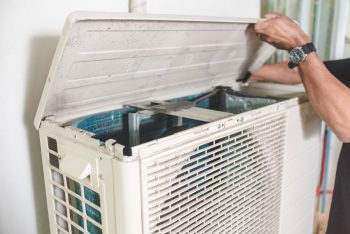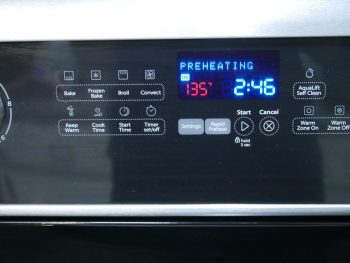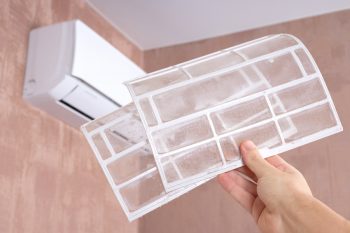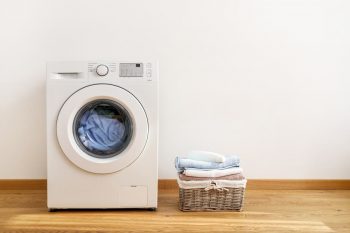
Refrigerators are a staple in every household, keeping our food fresh and drinks cool. But have you ever wondered what makes the cold magic happen inside your fridge? The answer lies in a substance called a coolant or refrigerant. This article will delve into the types of coolants used in refrigerators, their functions, environmental impacts, and recent advancements in coolant technology.
The most commonly used coolant in modern refrigerators is HFC-134a (1,1,1,2-tetrafluoroethane). Other popular choices include R-438A. These coolants are environmentally friendly options that do not deplete the ozone layer, unlike older coolants such as R-12 and R-22. The coolant’s function in a refrigerator is to absorb heat from inside and transfer it outside, maintaining a low temperature inside the refrigerator.
What is the Function of Coolant in a Refrigerator?
The primary function of a coolant in a refrigerator is to absorb heat from the interior and transfer it outside. This process, known as evaporation, is achieved through a continuous cycle involving the compressor, condenser, evaporator, expansion valve, and the refrigerant itself. The coolant changes from a liquid to a gas, cooling the surrounding area, and maintaining a low temperature inside the refrigerator.
Types of Coolants Used in Modern Refrigerators
Modern refrigerators commonly use coolants that do not deplete the ozone layer. The most widely used refrigerant in modern refrigerators is HFC-134a (1,1,1,2-tetrafluoroethane). Other refrigerants such as R-438A are also popular choices. Older refrigerators used coolants like R-12 and R-22, which were harmful to the ozone layer but have been replaced by more environmentally friendly alternatives.
The Impact of Coolant on Refrigerator Efficiency
The type of coolant used in a refrigerator affects its efficiency and performance. Coolants with different properties have varying cooling capacities, influencing the energy consumption and temperature lift of the refrigeration system. For example, vapor-compression refrigerators typically use chemical coolants, which can have a cooling efficiency of around 60%. In contrast, theoretical models suggest that nickel-titanium, a material used in twist refrigeration systems, could achieve a cooling efficiency of about 84%.
Environmental Implications of Coolants
Different types of coolants have varying environmental impacts. For instance, Chlorofluorocarbons (CFCs) and hydrochlorofluorocarbons (HCFCs) are coolants that negatively react with the ozone layer, causing ozone depletion. These coolants, along with hydrofluorocarbons (HFCs), are potent greenhouse gases, contributing to global warming. To minimize the environmental impact, it’s crucial to use refrigerants with zero ozone depletion potential and low global warming potential values.
Coolant Maintenance in a Refrigerator
In a typical household refrigerator, the coolant should not need to be changed or replenished during the appliance’s lifespan, unless there is a leak or damage. If your refrigerator is not cooling properly, it’s more likely due to other issues such as dirty coils or a malfunctioning component rather than a need to replace the coolant.
Risks and Potential Dangers of Handling Refrigerator Coolants
Handling refrigerator coolants can pose several risks, including toxicity, flammability, asphyxiation, and physical hazards such as burns. Therefore, safety precautions must be followed when handling refrigerants, including wearing protective gear, ensuring proper ventilation, and receiving proper training.
Recent Advancements in Refrigerator Coolant Technology
Recent advancements in refrigerator coolant technology include the development of ionocaloric refrigeration and the use of shape memory alloy tubes. These innovations aim to provide more energy-efficient and environmentally friendly alternatives to traditional refrigeration systems.
Choosing a New Refrigerator: What You Need to Know About Coolant
When choosing a new refrigerator, consider the type of coolant used, its environmental impact, safety aspects, and energy efficiency. Opting for a refrigerator with environmentally friendly refrigerants like HFOs and an ENERGY STAR certification can help reduce the appliance’s environmental footprint and save on energy costs.
As technology continues to evolve, we can expect to see more advancements in refrigerator coolants. And as consumers, we can make informed decisions to choose environmentally friendly appliances, contributing to the health of our planet.
Frequently Asked Questions
What is the difference between a coolant and a refrigerant?
In the context of refrigeration systems, the terms ‘coolant’ and ‘refrigerant’ are often used interchangeably. Both refer to the substance that absorbs heat from the interior of the refrigerator and releases it outside, thus cooling the inside of the appliance.
What are some signs that there might be a problem with the coolant in my refrigerator?
Signs that there may be a problem with the coolant in your refrigerator include the appliance not cooling properly, the freezer portion not freezing, or the refrigerator running constantly. However, these issues can also be caused by other problems, so it’s best to consult with a professional.
Is it safe to handle refrigerator coolants at home?
No, it is not safe to handle refrigerator coolants at home. These substances can pose several risks, including toxicity, flammability, asphyxiation, and physical hazards such as burns. Therefore, any issues related to refrigerator coolants should be handled by a professional.
Are there any coolants that are 100% environmentally friendly?
While there is ongoing research into more environmentally friendly coolants, none are 100% environmentally friendly. However, some coolants have zero ozone depletion potential and low global warming potential values, making them a better choice for the environment.
How often should the coolant in a refrigerator be replaced?
In a typical household refrigerator, the coolant should not need to be replaced or replenished during the appliance’s lifespan, unless there is a leak or damage. If your refrigerator is not cooling properly, it’s more likely due to other issues rather than a need to replace the coolant.

